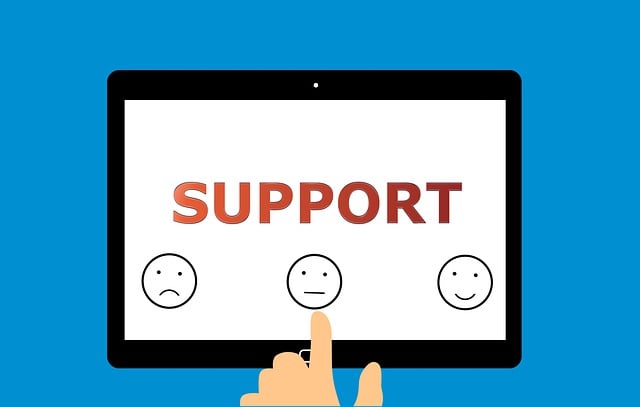Oregon prioritizes justice for all through a diverse landscape of legal assistance driven by public and private sector commitment. Numerous organizations offer accessible and affordable services, covering civil to criminal matters, including family law and domestic violence cases. Legal assistance commitments are available for individuals with severe mental disorders posing risks to themselves or others, balanced with respect for individual rights and public safety. Online platforms and local bar associations aid in finding pro bono or low-cost legal aid providers for various needs, ensuring efficient navigation through the justice system.
Oregon boasts a robust legal assistance landscape, with various commitment services available to those in need. This comprehensive overview delves into who qualifies for these crucial resources, the types of support offered, and how individuals can access and navigate this network. Understanding Oregon’s legal assistance commitments is essential for ensuring equal access to justice, empowering folks to make informed decisions, and fostering a fair society.
- Oregon's Legal Assistance Landscape
- Who Qualifies for Commitments
- Types of Commitment Services
- Accessing and Navigating Resources
Oregon's Legal Assistance Landscape

Oregon boasts a robust and diverse landscape of legal assistance, driven by a strong commitment from both public and private sectors. The state recognizes the fundamental right to justice for all, with numerous organizations dedicated to providing accessible and affordable legal services. These entities range from government-funded programs to non-profit legal clinics, each playing a vital role in ensuring Oregonians have equal access to representation.
The legal assistance commitments in Oregon span across various areas, catering to both civil and criminal matters. From helping low-income individuals navigate family law issues to assisting victims of domestic violence, these initiatives strive to bridge the justice gap. By fostering collaboration between different stakeholders, Oregon continues to build a robust system that prioritizes access to legal representation as a cornerstone of its commitment to equitable society.
Who Qualifies for Commitments

In Oregon, individuals who are deemed a risk to themselves or others due to mental illness may be eligible for a commitment order. This process is initiated when a qualified professional, such as a doctor or psychologist, determines that an individual meets the legal criteria for involuntary treatment. Typically, this involves a comprehensive assessment of the person’s condition, including their history, behavior, and capacity to make decisions.
Qualifications for legal assistance commitments in Oregon are based on specific criteria outlined in state laws. These include severe mental disorder, where the individual is unable to provide for their basic needs or understand and appreciate the need for treatment. The focus is on ensuring safety and well-being while respecting individual rights and freedoms.
Types of Commitment Services

Oregon offers a range of commitment services designed to provide legal assistance and support to individuals facing various challenges. These services cater to different needs, ensuring that those in need have access to specialized help. One primary focus is on legal assistance commitments, which involve securing appropriate care for individuals with mental health or substance use disorders. This may include involuntary commitment procedures, where family members or authorized persons can petition for a person’s admission to a treatment facility.
The state also provides services for those facing civil commitment, such as individuals found to be a danger to themselves or others due to a mental disorder. These commitments are typically court-ordered and involve placement in specialized facilities or communities that offer comprehensive support and treatment. The goal is to balance individual rights with public safety while ensuring access to quality legal assistance commitments and subsequent rehabilitation.
Accessing and Navigating Resources

Accessing Oregon’s legal assistance resources is a vital step for individuals seeking support, especially those committed to fulfilling their legal obligations. The state offers a comprehensive network of services designed to help residents navigate complex legal matters. Various organizations and government agencies provide pro bono or low-cost assistance, ensuring equal access to justice.
Online platforms and local bar associations serve as excellent starting points for identifying suitable legal aid providers. These resources enable individuals to filter options based on specific needs, such as family law, criminal defense, or immigration services. By utilizing these tools, Oregon residents can efficiently locate legal professionals who align with their legal assistance commitments, ultimately facilitating smoother navigation through the justice system.
